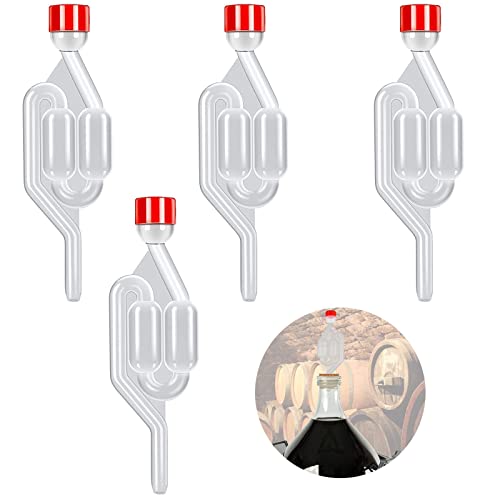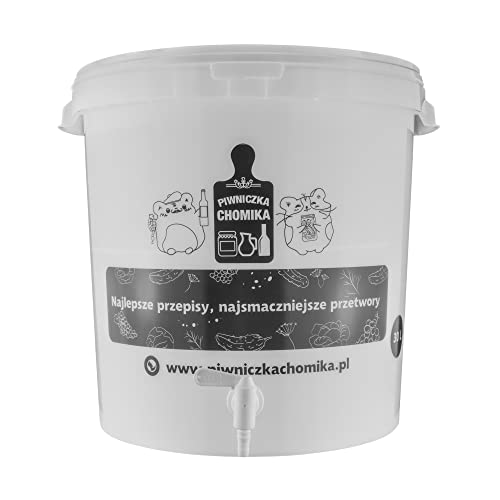Hello, I have been trying some recipes from a book called 'Brewing Classic Styles'.
One of the lager recipes suggests mixing tap water with deionized water. And a water chemistry app I've using suggests the same thing.
So I bought some dionized water. Cheapest stuff I can find: 'Car Plan' from Asda.
It says 'do not consume' on the bottle.
I'm presuming dionised water is deionized water, any your not meant to drink it anyway, And once made into beer, it will be perfectly safe.
Could someone confirm?
Cheers
One of the lager recipes suggests mixing tap water with deionized water. And a water chemistry app I've using suggests the same thing.
So I bought some dionized water. Cheapest stuff I can find: 'Car Plan' from Asda.
It says 'do not consume' on the bottle.
I'm presuming dionised water is deionized water, any your not meant to drink it anyway, And once made into beer, it will be perfectly safe.
Could someone confirm?
Cheers






![BREWING THERMOMETER STICKERS ACCURATELY MONITOR FERMENTING BEER & WINE LIQUID TEMPERATURES 5PCS HOME BREW SPIRITS WINE LCD ADHESIVE [US]](https://m.media-amazon.com/images/I/311DDjo2X3L._SL500_.jpg)

































